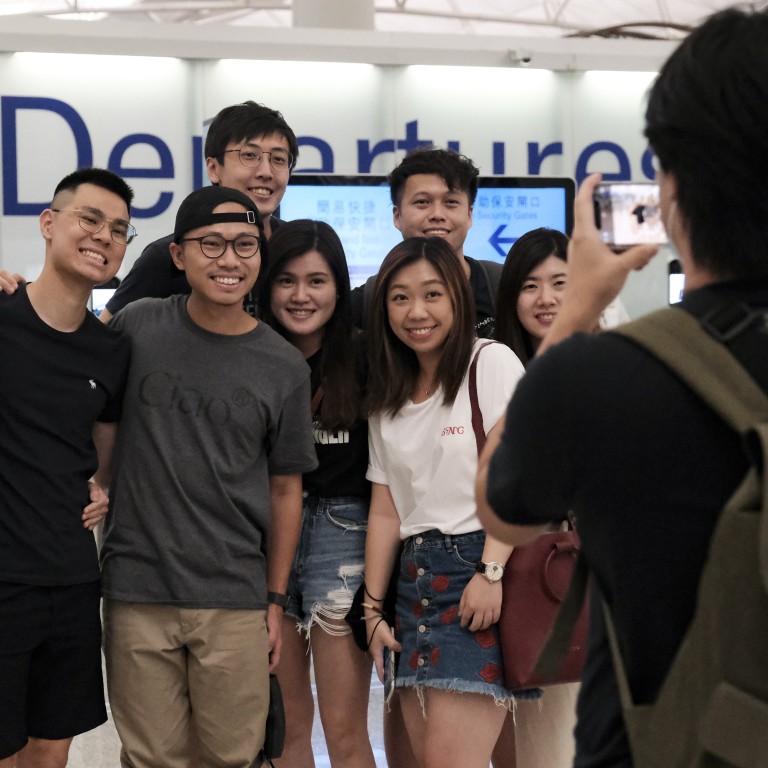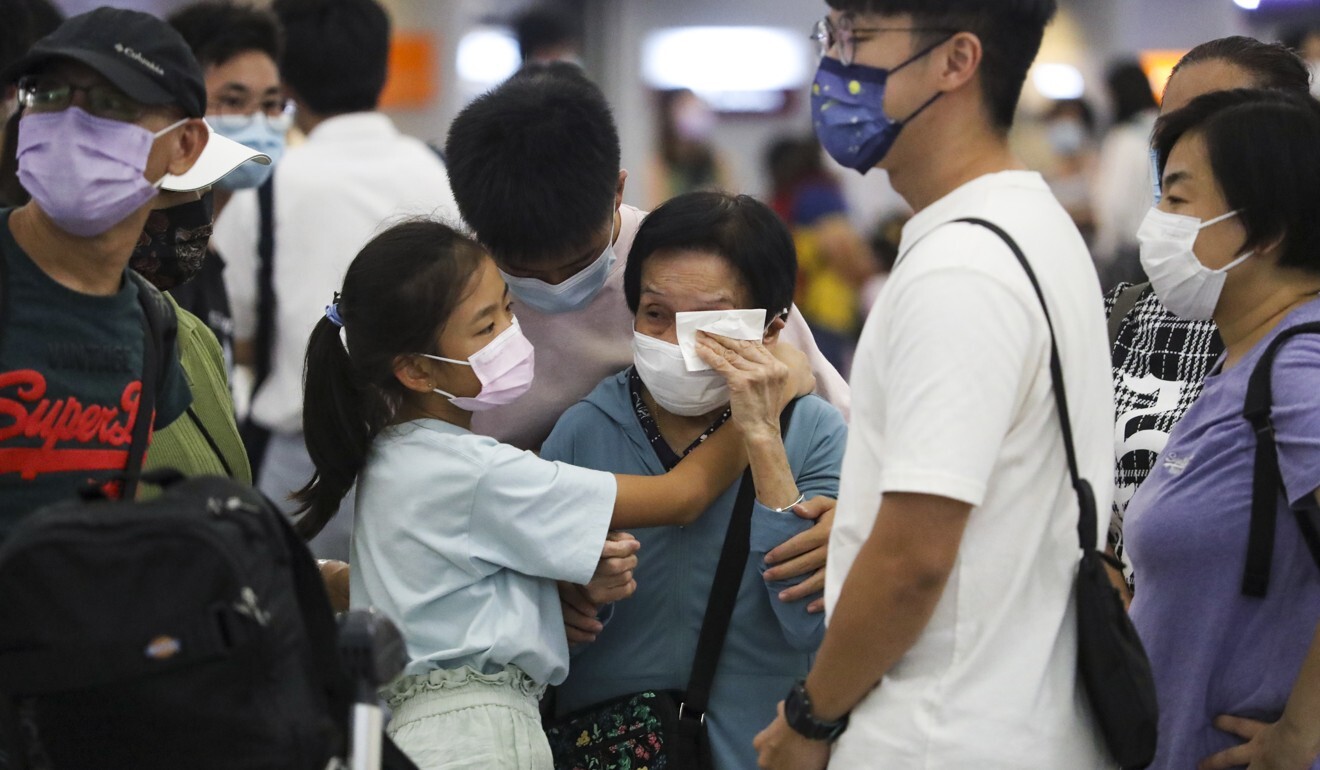
Anti-Asian hatred has no place in London, mayor assures Hongkongers with BN(O) status making move
- Sadiq Khan identifies helping new arrivals with language issues among key ways fresh £900,000 in funding can be employed
- Housing, education and jobs other top priorities for those taking advantage of Britain’s expanded visa scheme
During a video call, Khan said phrases like “Chinese virus” had amplified hatred against those of East and Southeast Asian origin, promising a zero-tolerance policy to discrimination.
“If discrimination comes from those who are sympathetic to the Chinese government, if it comes from other Londoners, wherever it comes from, it’s not acceptable,” he said.
“At the same time, we’ve been quite clear to other Londoners that we should be welcoming those who arrive from Hong Kong.”

There was a 300 per cent rise in hate crimes against East and Southeast Asians in the first quarter of 2020, compared to 2019, according to British police data. In London alone, hate crimes in March 2020 rose by 179 per cent compared with the previous year, according to the Besea.n campaign group.
Under the scheme, which launched in late January, successful applicants are entitled to live, work and study in Britain for five years, after which they can apply for citizenship.
A survey of 720 residents planning to leave the city conducted by the group Hongkongers in Britain showed that more than 80 per cent hoped to settle in England, with almost a quarter of those choosing London.
About 34,300 Hongkongers had applied for the new pathway to British citizenship as of the end of March, with 7,200 already approved, according to official figures. The British Home Office estimated that between 123,000 and 153,000 adults and their dependents would take up the visa this year.

Over the past few weeks, emotional scenes could be witnessed daily at Hong Kong’s airport, with elderly parents saying goodbye to their adult children and grandchildren as the number of departing residents surged ahead of a key deadline.
Britain’s Leave Outside the Rules scheme, which gives people six months to apply for the necessary BN(O) visa after arriving in the country, expired on Monday.
Those who leave from July 20 can still arrive under a visitor’s visa, but will not be entitled to work, live or study until they have secured their BN(O) one.
London mayor to support Hongkongers moving to city with US$1.2 million fund
In April, the British government launched a £43 million (US$59 million) package to support BN(O) families settling in the country, funding local councils nationwide to help the new arrivals with housing, education and employment.
Khan said he would be working with councils and civic organisations in Britain to provide support to new arrivals, stressing that language support was very important.
“The good news is actually many Hongkongers’ English is very good,” he said in the interview.
“Secondly, access to employment is very important. The good news is we have record numbers of vacancies in London.
“The other place that Hongkongers might need help is housing, [as well as help for] those with children and, for those of higher education age, studying and education. So those are the areas I think most of the focus will be.
“I see on a daily basis, the contribution made by those from China to London, so it’s really important that it carries on, whether people from China come to study, to work, as a tourist, as an investor or whatever.”
Hongkongers fleeing to UK shrug off return of stamp duty, rising home prices
Beijing has responded angrily to Britain’s move to open its doors, calling it interference in Hong Kong and China’s internal affairs, but Khan said his country had a “moral and historical commitment” to the city.
Referring to the 1984 Sino-British Joint Declaration that enshrined Hong Kong’s “one country, two systems” principle, promising the city a high degree of autonomy for 50 years following its return to China, Khan said “a promise was made and the promise should be kept.”
Some new arrivals from Hong Kong with neither jobs nor credit history have reported struggling with renting homes.
The Home Office said BN(O) holders from Hong Kong who became destitute, or were threatened with destitution, could apply for the lifting of a visa condition denying them recourse to public funds, estimating between 2,400 and 15,000 could apply in the first five years.
“For those who say I’m overselling London, I’m now the mayor of London and my parents are immigrants, so that shows the difference London can make to fulfilling the potential of those who come to the UK,” he said.


